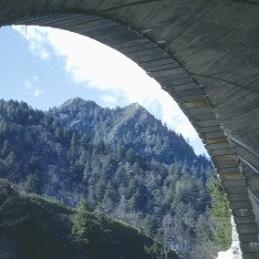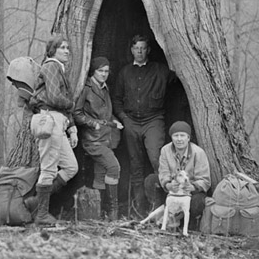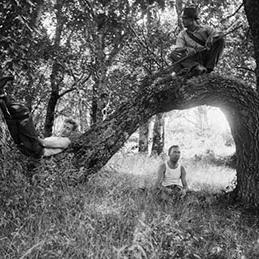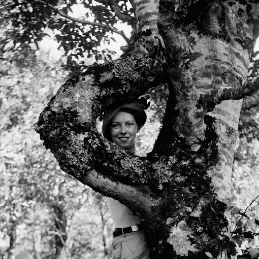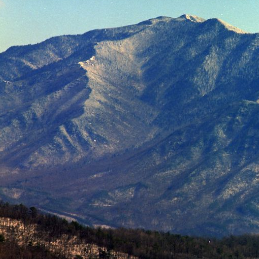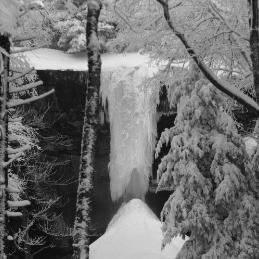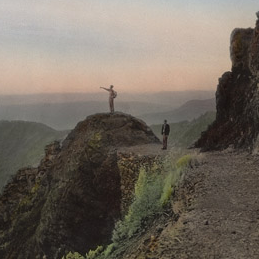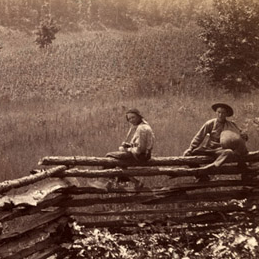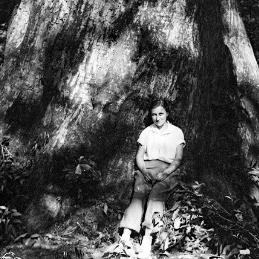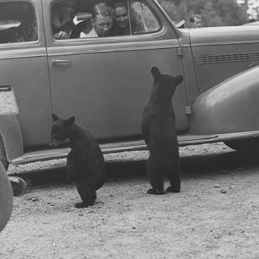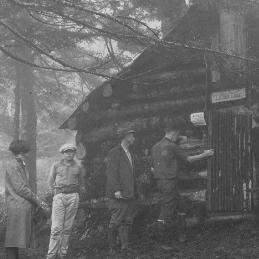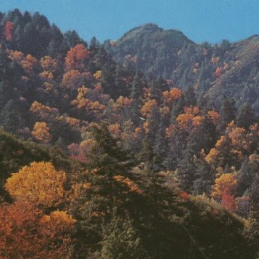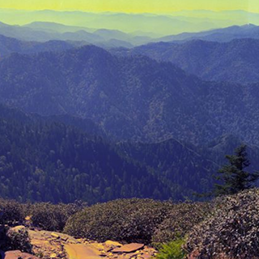Browse
"A Model to Predict the Occurence of Surviving Butternut Trees in the Southern Appalachian Region." In Prediciting Species Occurrences Issues of Accuracy and Scale, edited by Michael J. Scott, Patricia J. Heglund, Michael L. Morrison, Jonathan B. Haufler, Martin G. Raphael, William A. Wall and Fred B. Samson, 491-497. Washington, D.C.: Island Press, 2002.
"Associations Between Causal Agents of the Beech Bark Disease Complex [Cryptococcus fagisuga (Homoptera: Cryptococcidae) and Nectria spp.] in the Great Smoky Mountains National Park." Environmental Entomology 33, no. 5 (2004): 1274-1281.
"Managing Hemlock Woolly Adelgid and Balsam Woolly Adelgid at Great Smoky Mountains National Park." In Third Symposium on Hemlock Woolly Adelgid in the Eastern United States, 232. Asheville, NC: U.S. Forest Service, 2005.
Beech Bark Disease Monitoring Protocol for Great Smoky Mountains National Park. Gatlingburg, TN: U.S. Department of the Interior, National Park Service, 2006.
"All Taxa Biodiversity Inventory Survey of Select Soil and Plant Ecological Parameters Associated with Rhododendron Decline in the Great Smoky Mountains and Surrounding Area." Southeastern Naturalist 12, no. 4 (2013): 703-722.
"Factors Affecting Establishment and Recovery of Sasajiscymnus tsugae (Coleoptera: Coccinellidae), an Introduced Predator of Hemlock Woolly Adelgid (Hemiptera: Adelgidae) on Eastern Hemlock (Pinales: Pinaceae)." Environmental Entomology 42, no. 6 (2013): 1123-1453.
"Rhododendron Decline in the Great Smoky Mountains and Surrounding Areas." Southeastern Naturalist 12, no. 4 (2013): 703-722.
"Fleshy Saprobic and Ectomycorrhizal Fungal Communities Associated with Healthy and Declining Eastern Hemlock Stands in Great Smoky Mountains National Park." Southeastern Naturalist 13, no. 6 (2014): 192-218.
"A Molecular Clone and Culture Inventory of the Root Fungal Community Associated with Eastern Hemlock in Great Smoky Mountains National Park." Southeastern Naturalist 13, no. 6 (2014): 219-237.
"Rhododendron Decline in the Great Smoky Mountains and Surrounding Areas." Southeastern Naturalist 13, no. 1 (2014): 1-25.





